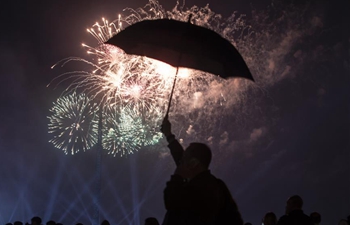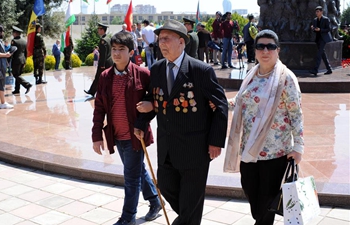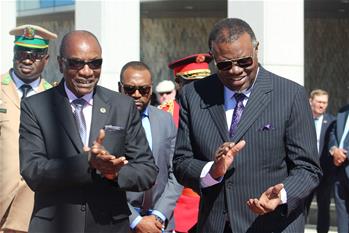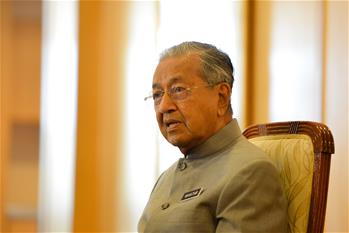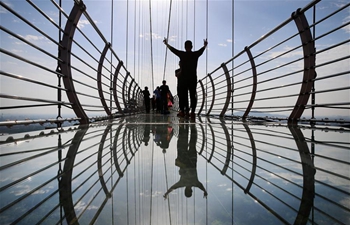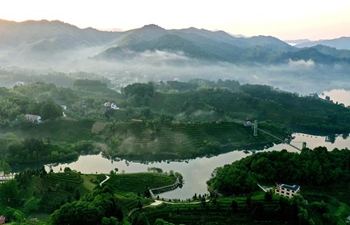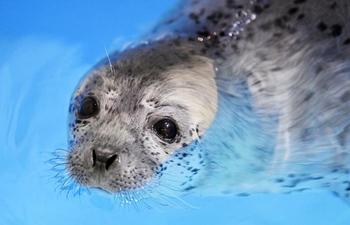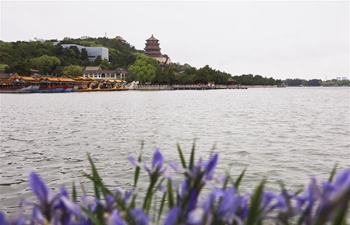 ?
?A visitor tours at Te Papa, the national museum of New Zealand, in Wellington, New Zealand, May 9, 2019. A new nature exhibition, Te Taiao, is ready to open at Te Papa on Thursday. With an investment of 12 million NZ dollars (around 8 million U.S. dollars), weaving together science and Maori culture in a uniquely New Zealand experience, the nature exhibition is the largest redevelopment at Te Papa since it opened 21 years ago. It replaces the old nature exhibitions which have been closed since April 2018. (Xinhua/Guo Lei)
WELLINGTON, May 9 (Xinhua) -- A new nature exhibition, Te Taiao, is ready to open at Te Papa, the national museum of New Zealand, in Wellington Thursday.
With an investment of 12 million NZ dollars (around 8 million U.S. dollars), weaving together science and Maori culture in a uniquely New Zealand experience, the nature exhibition is the largest redevelopment at Te Papa since it opened 21 years ago. It replaces the old nature exhibitions which have been closed since April 2018.
More excitingly, according to Te Papa Chief Executive Geraint Martin, the exhibition will be free to the public permanently.
The 1,400-square-meter zone features more than 1,200 collection items, from a fossil dinosaur tooth to a moa egg which has never been seen by the public.
Interactive experiences include those that enable visitors to smell the scent of a kākāpō (a species of bird only found in NZ) and create their own tsunami.
Martin said the opening is an historic moment for the museum. He hoped it would spark action to protect the environment.
"This exhibition sets a new benchmark in museum experiences for a new generation," Martin said.
"There's heaps to do in the exhibition: to see, hear, touch, and even smell. Visitors get to really take charge and see themselves as part of nature," said Frith Williams from Te Papa, who has led a creative team that has been developing the exhibition for the last three years.
At the heart of the exhibition is a 70-square-meter, 4-meter-high "nest" woven together from recycled materials. It symbolizes the fragility of the natural world, its beauty and power, and hope for the future. Visitors are surrounded by bird sounds and images, and in the center of the nest, a whole but fractured moa egg, one of the last exists in the world, is placed.
The key scientific research hubs Earthquake Commission and GNS of New Zealand both contributed to the exhibition, including the quake house which gives visitors a realistic, interactive experience of what it can be like when an earthquake strikes, and an active land showing an animation of the super-volcano.
New Zealand's Social Development Minister Carmel Sepuloni said, "These new exhibitions will reach huge numbers over their lifespan, educating a new generation about the environmental issues facing our times and prompting them to take action to protect our world."
